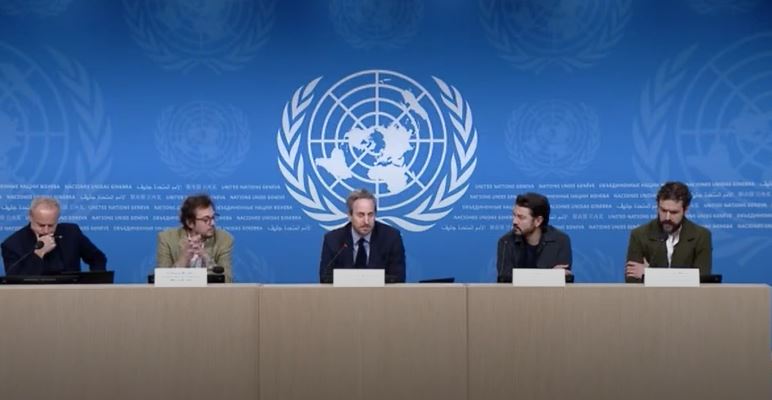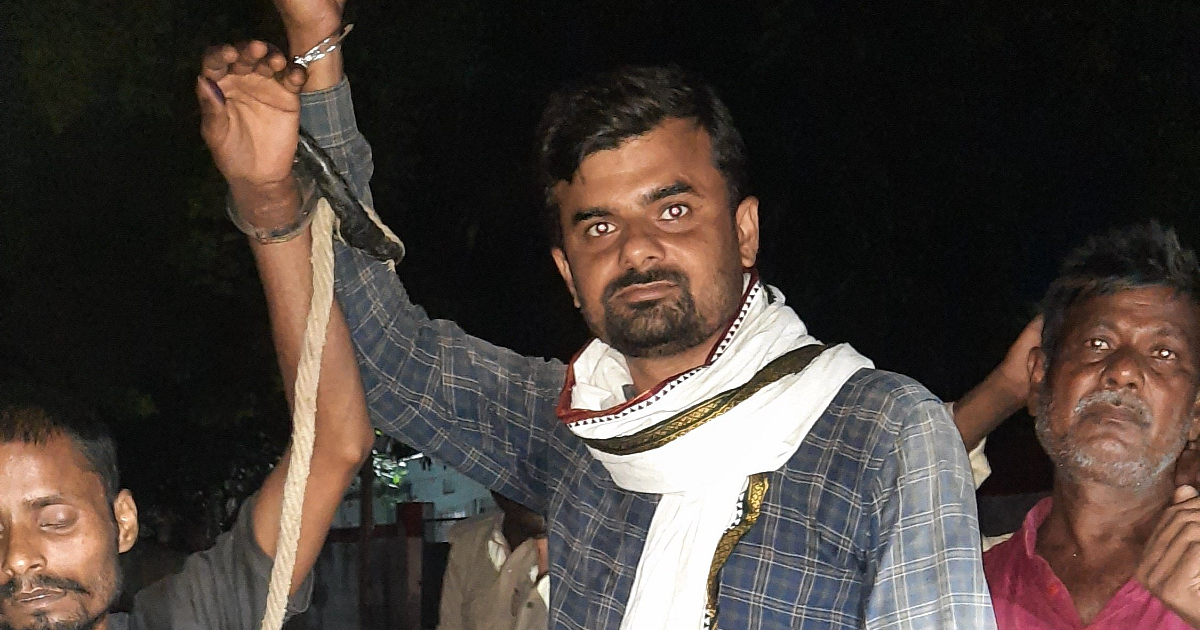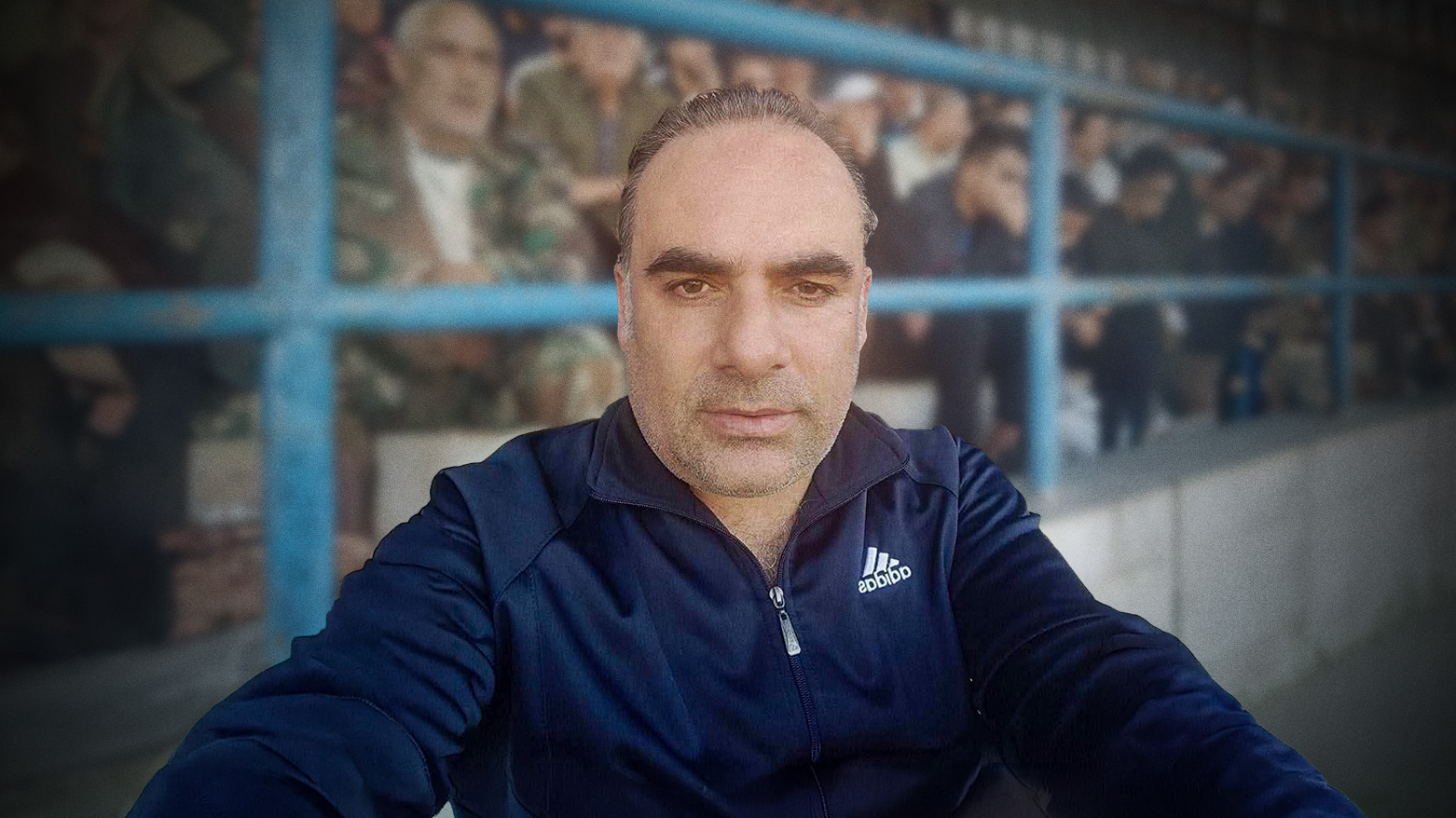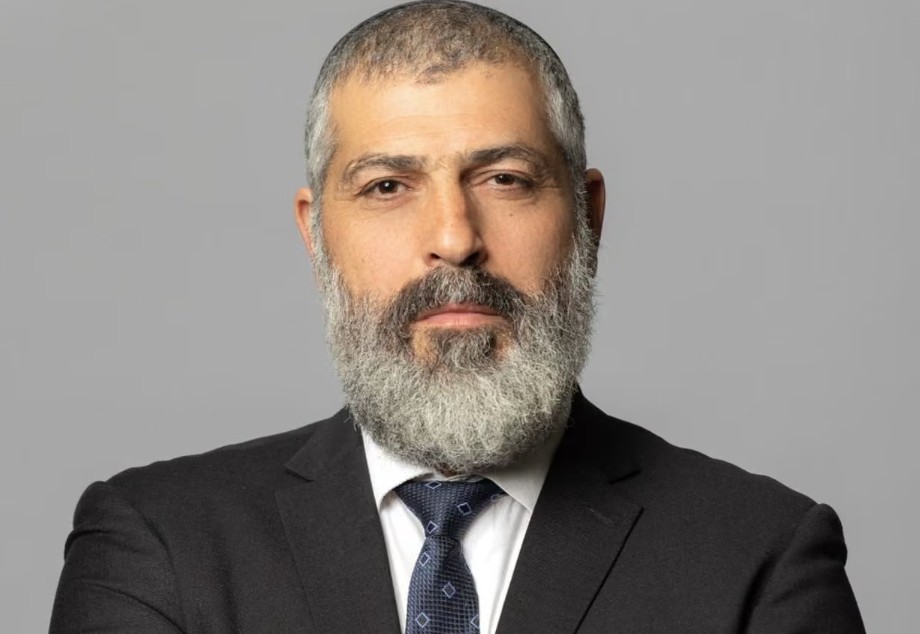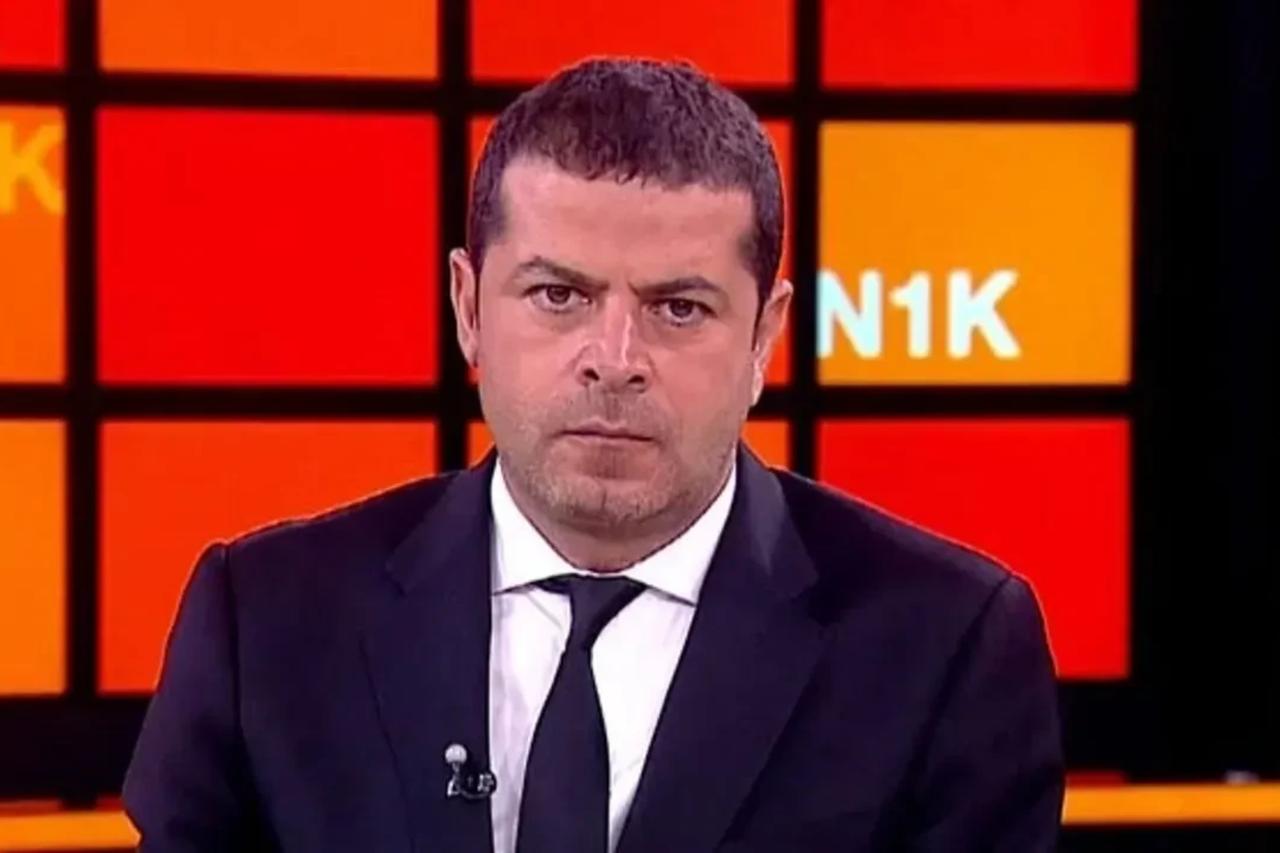The Persian Service of Voice of America (VOA) is mourning the loss of their former colleague, journalist Kianoosh Sanjari, who tragically died by suicide in Tehran on November 12, 2024. His death is stirring concerns about his isolation and the pressures faced by journalists working under repressive conditions.
Sanjari had previously worked for VOA Farsi in the United States; his career ended amid unconfirmed allegations of espionage. Unable to find work within Iran, he returned to Tehran in 2016. Colleagues described him as deeply distressed over his inability to continue journalistic work and his separation from family overseas. He left a farewell message indicating that “death is sweet”—a chilling indication of his despair.
His death has reignited scrutiny on the plight of exiled journalists who, after returning home, encounter persistent surveillance, lack of employment opportunities, and emotional isolation. VOA’s Persian journalists expressed their heartbreak, describing his death as a devastating reminder of the emotional toll endured by those unable to live openly or work freely.
Experts note that Iran does not tolerate independent journalism, and citizens who once worked for foreign media—especially U.S.-based outlets—face legal and security pressures that limit job prospects and force them into isolation.
In response, VOA reiterated its “deepest condolences” and called for better mental health support and protections for journalists who have worked in exile. Advocacy groups are urging international attention to the mental health vulnerabilities of journalists operating under authoritarian regimes, emphasizing that structural reforms are necessary to prevent similar tragedies.
Sanjari’s death is a somber reminder of the psychological burden borne by journalists under repression, especially those caught between careers abroad, surveillance at home, and a sense of not belonging in either world.

